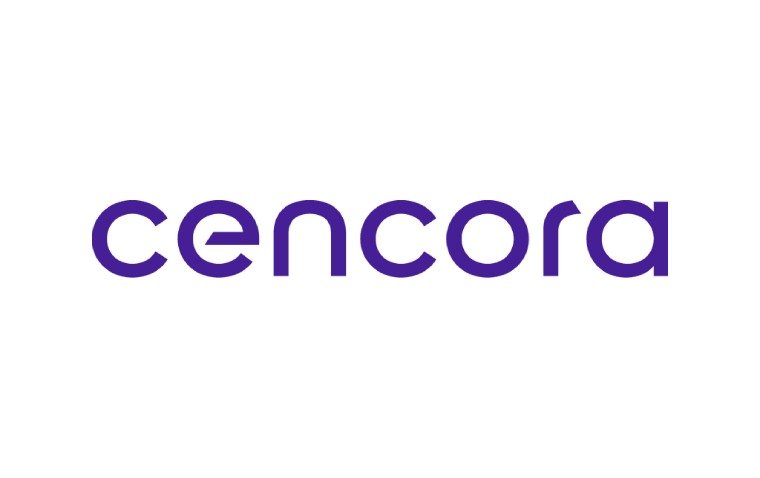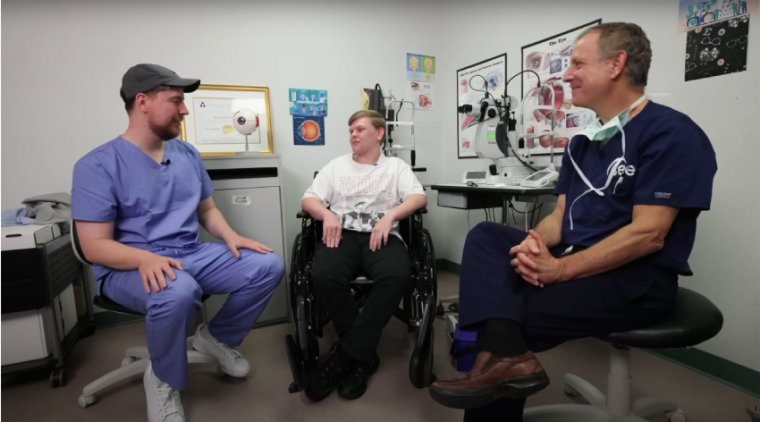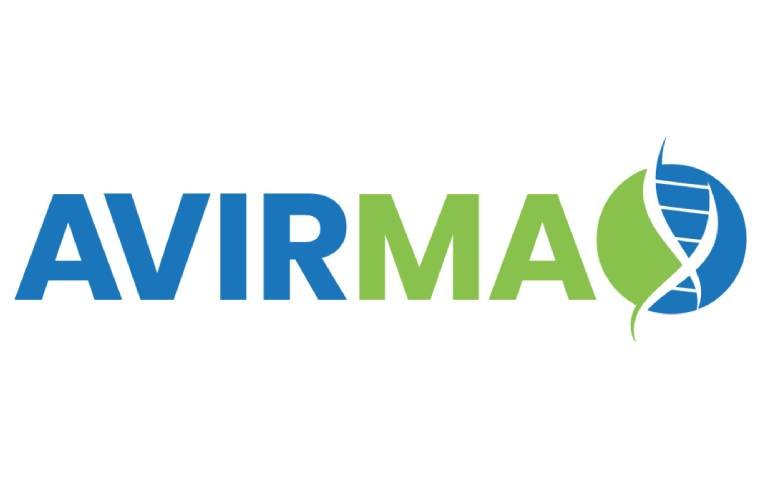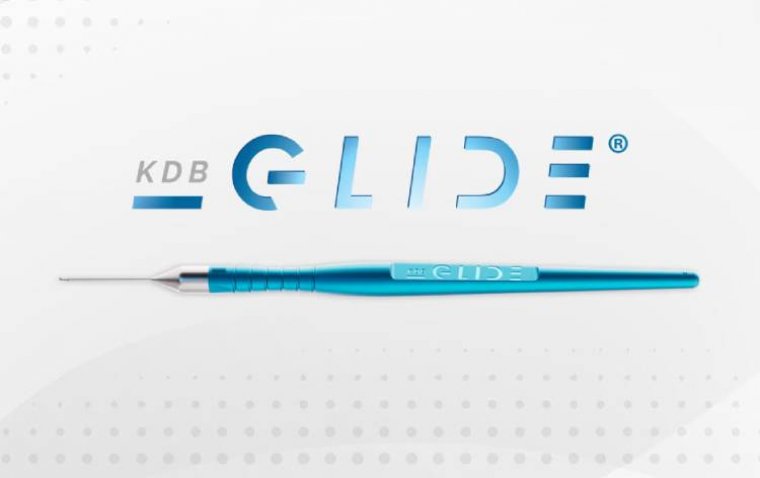
Mireca Medicines Secures $1M Award to Advance Treatment for Inherited Retinal Diseases
Mireca Medicines has been awarded a $989,000 'Translational Research Acceleration Program Award' from the Foundation Fighting Blindness, enabling the company to advance preclinical development of its lead product, MM238.
Recognizing Mireca's pivotal role in targeting the cGMP pathway for treating inherited retinal diseases (IRD), the award will support efforts to combat conditions like retinitis pigmentosa (RP), leber congenital amaurosis, and Stargardt’s disease.
The cGMP pathway is implicated in 30% of IRD cases, leading to elevated cGMP levels that activate protein kinase G (PKG), triggering photoreceptor loss. Mireca has developed proprietary cGMP-analogs that inhibit PKG, halting photoreceptor degeneration and preserving retinal structure and function.
The TRAP project will focus on advancing MM238, a cGMP-analog in a tailored PLGA-based formulation with intraocular retention and release profile supporting lifelong patient compliance. The project includes product development, manufacturing, scientific advice meetings, safety, toxicology, and translational proof-of-concept studies, aiming for an investigational new drug (IND) filing.
Mireca plans to leverage the Foundation's network, particularly consulting with Dr. Cheryl L. Rowe-Rendleman, a regulatory and clinical senior executive, designated as the project mentor by the Foundation Fighting Blindness.
“Our research and development journey started with understanding the photoreceptor cell death mechanism. It took us through developing a novel class of small molecules that can regulate this disease pathway in combination with drug delivery formulations that are suitable for chronic ocular treatment. We have demonstrated proof-of-concept in preclinical IRD-models, with a favorable safety profile and tolerability window, and upscaled the small molecule manufacturing to GMP-grade," Prof. Francois Paquet-Durand, PhD, Mireca’s chief scientific officer, said in a company news release. "Being awarded with funds, network and mentoring from the Foundation Fighting Blindness to push our treatment approach further in its preclinical development is a significant reward and confirmation of our efforts. I am honored to be leading this TRAP project as principal investigator."
(1).jpg)










